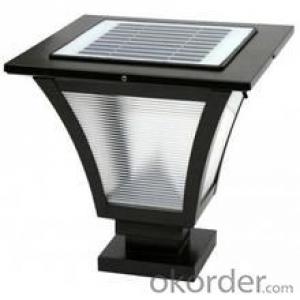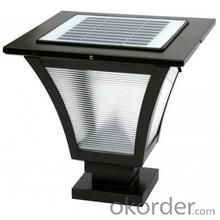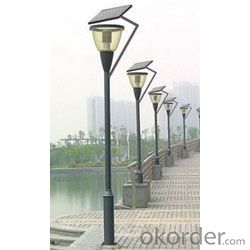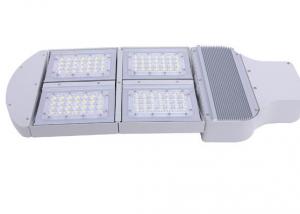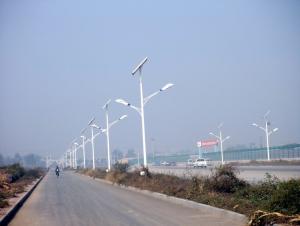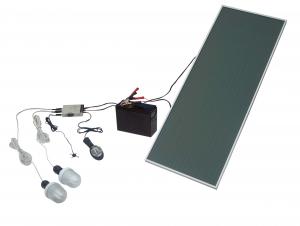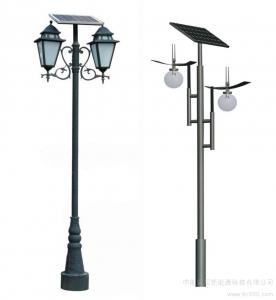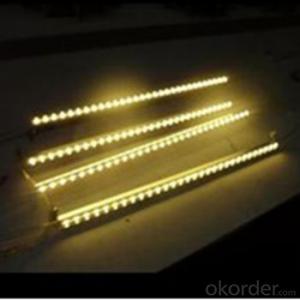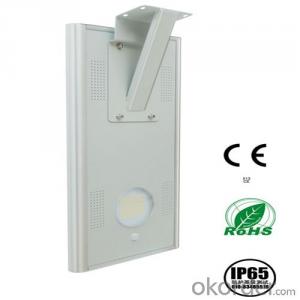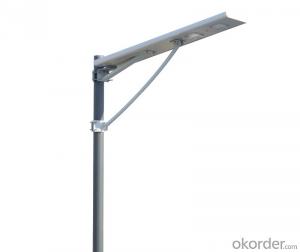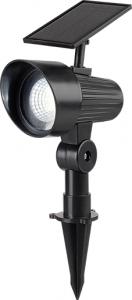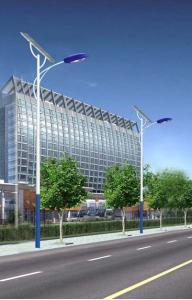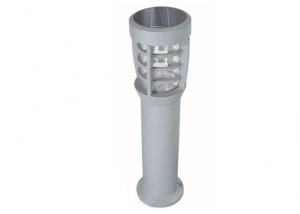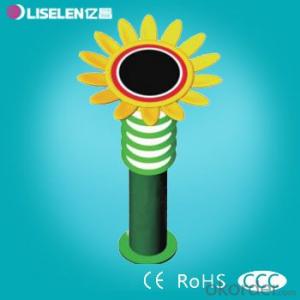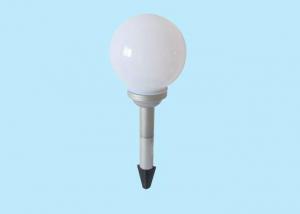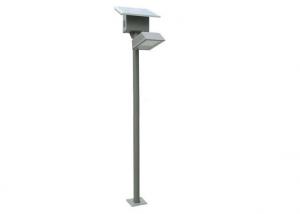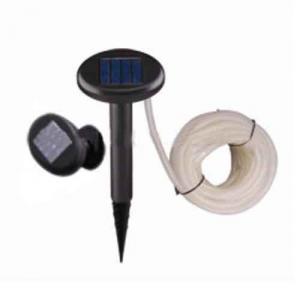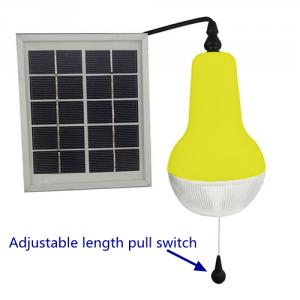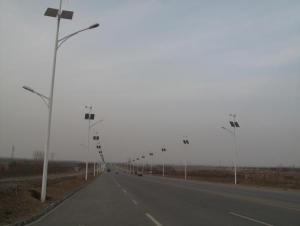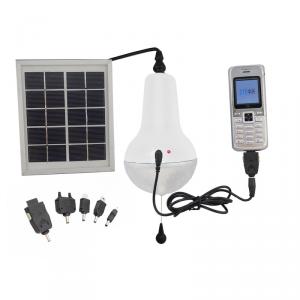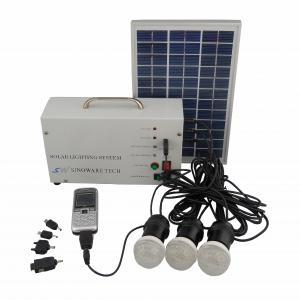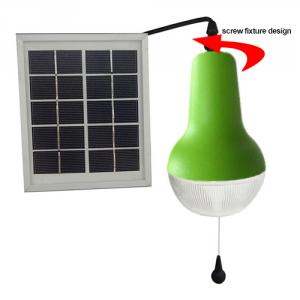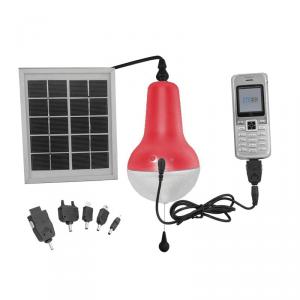solar lamps
- Loading Port:
- China Main Port
- Payment Terms:
- TT OR LC
- Min Order Qty:
- -
- Supply Capability:
- -
OKorder Service Pledge
Quality Product, Order Online Tracking, Timely Delivery
OKorder Financial Service
Credit Rating, Credit Services, Credit Purchasing
You Might Also Like
Specifications
solar for LED light,energy saving,without cables for grid-electricity,easy installtion,free maintence.60W solar street LED light system.
1.solar panels:2pcs 90w
2.battery:2pcs 100AH
3.controller:24V/10A
4.solar panel brackets,battery box,cables,screws.
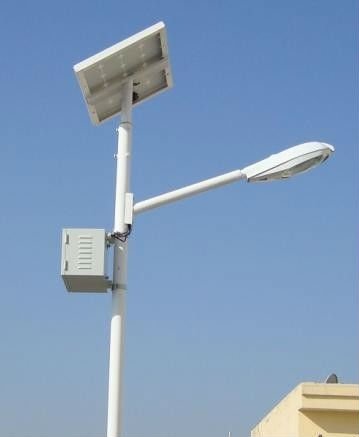
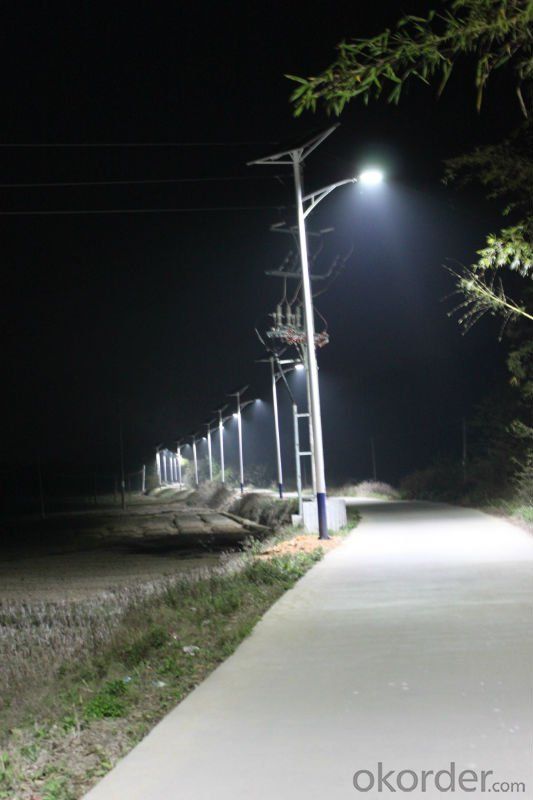
- Q: How do solar lights provide illumination during cloudy days?
- Solar lights are equipped with a battery that stores the energy collected from the sun during sunny days. This stored energy is used to power the lights during cloudy days when there is limited sunlight available.
- Q: Can solar lights be used for outdoor pet areas?
- Yes, solar lights can be used for outdoor pet areas. They are a great option for illuminating pathways, fences, or specific spots in pet areas as they are easy to install, energy-efficient, and require no wiring. Solar lights can help ensure the safety of pets and their owners by providing visibility during nighttime activities in the outdoor area.
- Q: How do I dispose of old or damaged solar lights?
- To dispose of old or damaged solar lights, it is important to follow proper procedures to minimize environmental impact. Here are some steps you can take: 1. Check if the solar lights can be repaired: Before disposing of them, assess if the lights can be fixed. Sometimes, a simple replacement of batteries or bulbs can restore their functionality. 2. Contact the manufacturer: Reach out to the manufacturer or the retailer from whom you purchased the solar lights. Inquire if they have a take-back program or any specific instructions for disposal. Some manufacturers may offer recycling services or provide guidance on how to properly dispose of their products. 3. Recycling options: If the manufacturer doesn't have a take-back program, explore recycling options in your area. Many cities and towns have recycling centers or electronic waste facilities that accept solar lights. Check with your local waste management authority or visit their website for information on drop-off locations and guidelines. 4. Separate components: If the solar lights cannot be repaired or recycled as a whole, separate the components. Remove any batteries, solar panels, and electronic parts. These components may require separate disposal methods, such as taking batteries to battery recycling centers. 5. Dispose of properly: Once the components are separated, dispose of them according to local regulations. If there are no specific guidelines, dispose of them with other electronic waste or at designated recycling centers. 6. Educate others: Spread awareness about proper disposal methods for solar lights. Share this information with friends, family, and neighbors, so they can also dispose of their old or damaged solar lights responsibly. By following these steps, you can ensure that your old or damaged solar lights are disposed of in an environmentally responsible manner, minimizing any negative impact on the ecosystem.
- Q: Can solar lights be used for lighting up outdoor carports or garages?
- Yes, solar lights can definitely be used for lighting up outdoor carports or garages. Solar lights are a great option for outdoor lighting in general, as they rely on solar energy to operate, which means they don't require any electrical wiring or power outlets. This makes them ideal for areas like carports or garages where it may be difficult or inconvenient to install traditional wired lighting. Solar lights are designed to absorb sunlight during the day and convert it into energy, which is then stored in rechargeable batteries. This stored energy is used to power the lights during the night. Most solar lights have sensors that automatically turn them on at dusk and off at dawn, ensuring that your carport or garage is well-lit when needed. In addition to their convenience and ease of installation, solar lights also have the advantage of being energy-efficient and environmentally friendly. By using solar energy, they help reduce the consumption of electricity, which in turn lowers utility bills and reduces carbon emissions. When choosing solar lights for your carport or garage, it's important to consider factors such as the size of the area you want to illuminate, the desired brightness level, and the specific features you need. There are various types and designs of solar lights available, including motion-sensor lights, floodlights, spotlights, and string lights, so you can select the ones that best suit your requirements. Overall, solar lights are a practical and sustainable solution for lighting up outdoor carports or garages. They provide a cost-effective, reliable, and environmentally friendly source of light, enhancing both safety and convenience in these spaces.
- Q: Are solar lights suitable for outdoor events or festivals?
- Yes, solar lights are suitable for outdoor events or festivals. They are designed to be used outdoors and can provide adequate lighting for various purposes. Solar lights are powered by the sun, which means they do not require electricity or batteries to operate. This makes them a convenient and cost-effective option for outdoor events or festivals, as they can be easily placed and moved around without the need for wiring or power outlets. Additionally, solar lights come in a variety of styles and designs, allowing for customization to fit the theme or ambiance of the event. They can be used to illuminate pathways, highlight decorative elements, or create a warm and inviting atmosphere. Overall, solar lights are a reliable and eco-friendly choice for outdoor events or festivals, providing both practical lighting and an aesthetically pleasing environment.
- Q: How do solar lights perform in extreme temperatures?
- Solar lights generally perform well in extreme temperatures. However, extremely high or low temperatures can affect their efficiency and overall performance. In extremely cold temperatures, the battery's capacity may be reduced, leading to shorter lighting durations. On the other hand, extremely hot temperatures can also impact battery performance and may cause damage to certain components. Therefore, it is important to choose solar lights that are specifically designed to withstand extreme temperatures and to ensure proper maintenance and care in such conditions.
- Q: Are solar lights suitable for roadside emergency lighting?
- Yes, solar lights are suitable for roadside emergency lighting. They are a practical and efficient option, as they do not require electricity from the grid and can be easily installed along the road. Solar lights are reliable, cost-effective, and environmentally friendly, making them an ideal choice for providing illumination during emergencies on the roadside.
- Q: Can solar lights be used for camping trailers?
- Yes, solar lights can be used for camping trailers. They are a great alternative to traditional lighting sources as they are eco-friendly, cost-effective, and do not require electrical outlets or batteries. Solar lights can be easily installed on camping trailers to provide illumination during camping trips, ensuring a sustainable and convenient lighting solution.
- Q: Can solar lights be used in hazardous environments?
- Solar lights can generally be used in hazardous environments, but it is important to ensure that the specific light being used is designed and certified for hazardous locations. Hazardous environments typically include areas where flammable gases, vapors, or dust particles are present, such as oil refineries, chemical plants, or mining sites. In these locations, special precautions need to be taken to prevent any potential ignition sources. Solar lights designed for hazardous environments are constructed with explosion-proof materials and have additional safety features, such as sealing to prevent gas or dust ingress, and temperature controls to avoid overheating. It is crucial to consult with experts or manufacturers who specialize in hazardous location lighting to select the appropriate solar light for the specific environment and ensure compliance with safety regulations.
- Q: Can solar lights be used underwater?
- No, solar lights cannot be used underwater as they require sunlight to charge the solar panels and generate electricity.
Send your message to us
solar lamps
- Loading Port:
- China Main Port
- Payment Terms:
- TT OR LC
- Min Order Qty:
- -
- Supply Capability:
- -
OKorder Service Pledge
Quality Product, Order Online Tracking, Timely Delivery
OKorder Financial Service
Credit Rating, Credit Services, Credit Purchasing
Similar products
Hot products
Hot Searches
Related keywords
